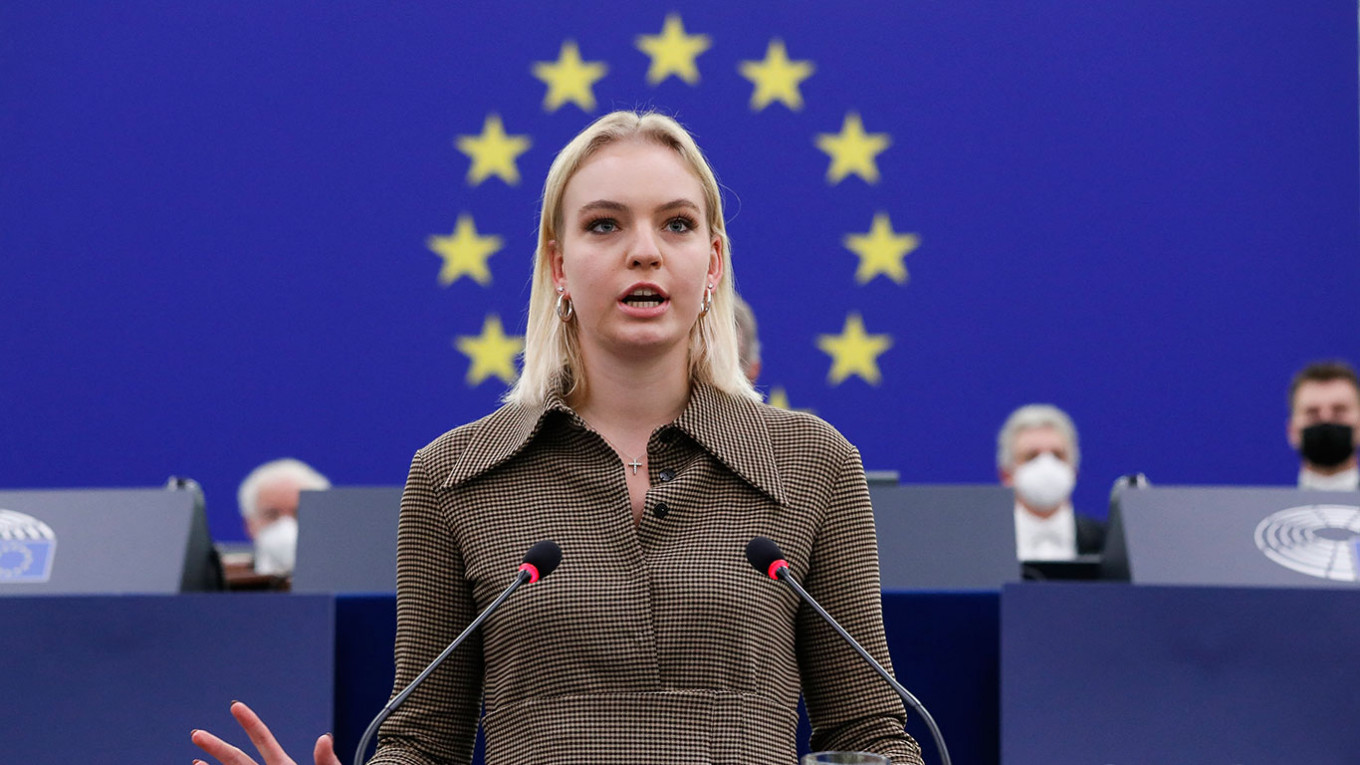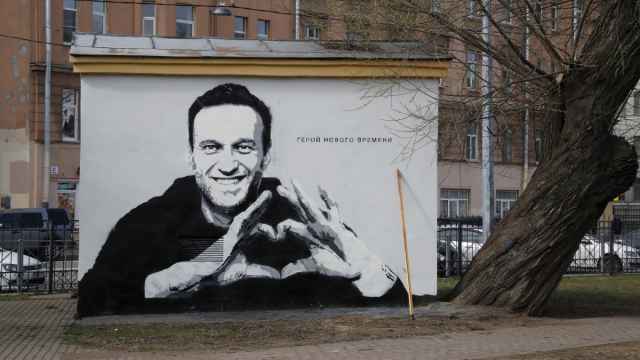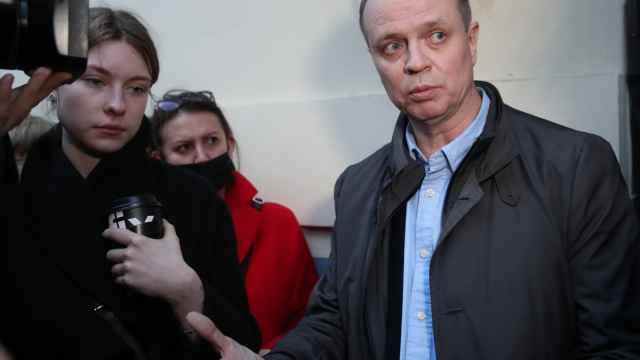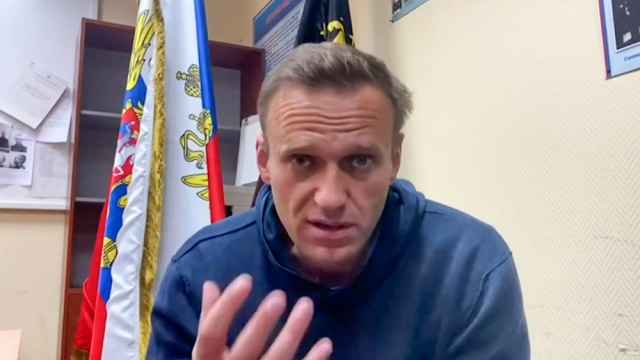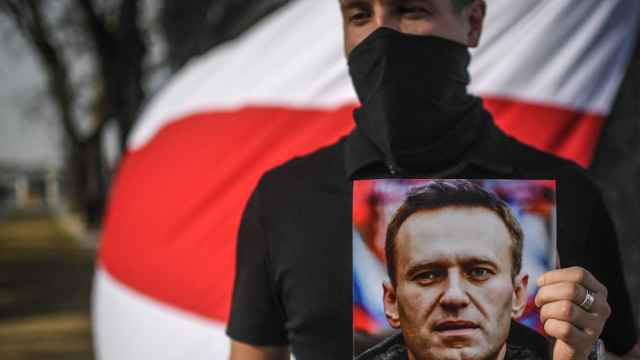Jailed Kremlin critic Alexei Navalny's daughter on Wednesday urged the EU to stand up to Russian President Vladimir Putin, as she collected a rights prize on behalf of her father.
"Although coming here is amazing, it is also probably exactly how mine and my family's worst nightmare looks like," Daria Navalnaya told the European Parliament as she picked up its annual Sakharov Prize.
Navalny — Putin's highest-profile domestic opponent — has been behind bars since returning to Moscow in January from Germany, where he was recovering from a poisoning attack with a Novichok nerve agent that both he and the West blame on the Kremlin.
"I don't understand why those who advocate for pragmatic relations with dictators can't simply open some history books," Navalnaya, a 20-year-old student at Stanford University in the United States, told lawmakers.
"It's very easy to understand the inescapable political law: the pacification of dictators and tyrants never works."
Navalnaya attacked European politicians "who dream of getting a job on the board of directors of Putin's state-owned companies or sailing on an oligarch's yacht."
"It seems to me that the problem is that the desire to appease the dictator, again and again, to not anger him, to ignore his crimes as long as it's possible is not a pragmatic approach at all," she said.
"It's time to say it straight. Under the sign of pragmatism, there is cynicism, hypocrisy, and corruption."
Since Navalny's arrest, Russia has declared the anti-graft campaigner's organizations and the nationwide network of political offices "extremist" and many of his top allies have fled the country.
Authorities have also launched a slew of new probes against him, including a new "extremism" investigation in September that could see him spend up to a decade more in jail.
Top Navalny ally Leonid Volkov, who was also in Strasbourg, insisted that Navalny was Putin's "personal prisoner" and it was up to the Russian leader when he would be freed.
Navalny's supporters are pushing the EU to impose sanctions on Putin and his entourage to increase pressure on the Kremlin.
A Message from The Moscow Times:
Dear readers,
We are facing unprecedented challenges. Russia's Prosecutor General's Office has designated The Moscow Times as an "undesirable" organization, criminalizing our work and putting our staff at risk of prosecution. This follows our earlier unjust labeling as a "foreign agent."
These actions are direct attempts to silence independent journalism in Russia. The authorities claim our work "discredits the decisions of the Russian leadership." We see things differently: we strive to provide accurate, unbiased reporting on Russia.
We, the journalists of The Moscow Times, refuse to be silenced. But to continue our work, we need your help.
Your support, no matter how small, makes a world of difference. If you can, please support us monthly starting from just $2. It's quick to set up, and every contribution makes a significant impact.
By supporting The Moscow Times, you're defending open, independent journalism in the face of repression. Thank you for standing with us.
Remind me later.


